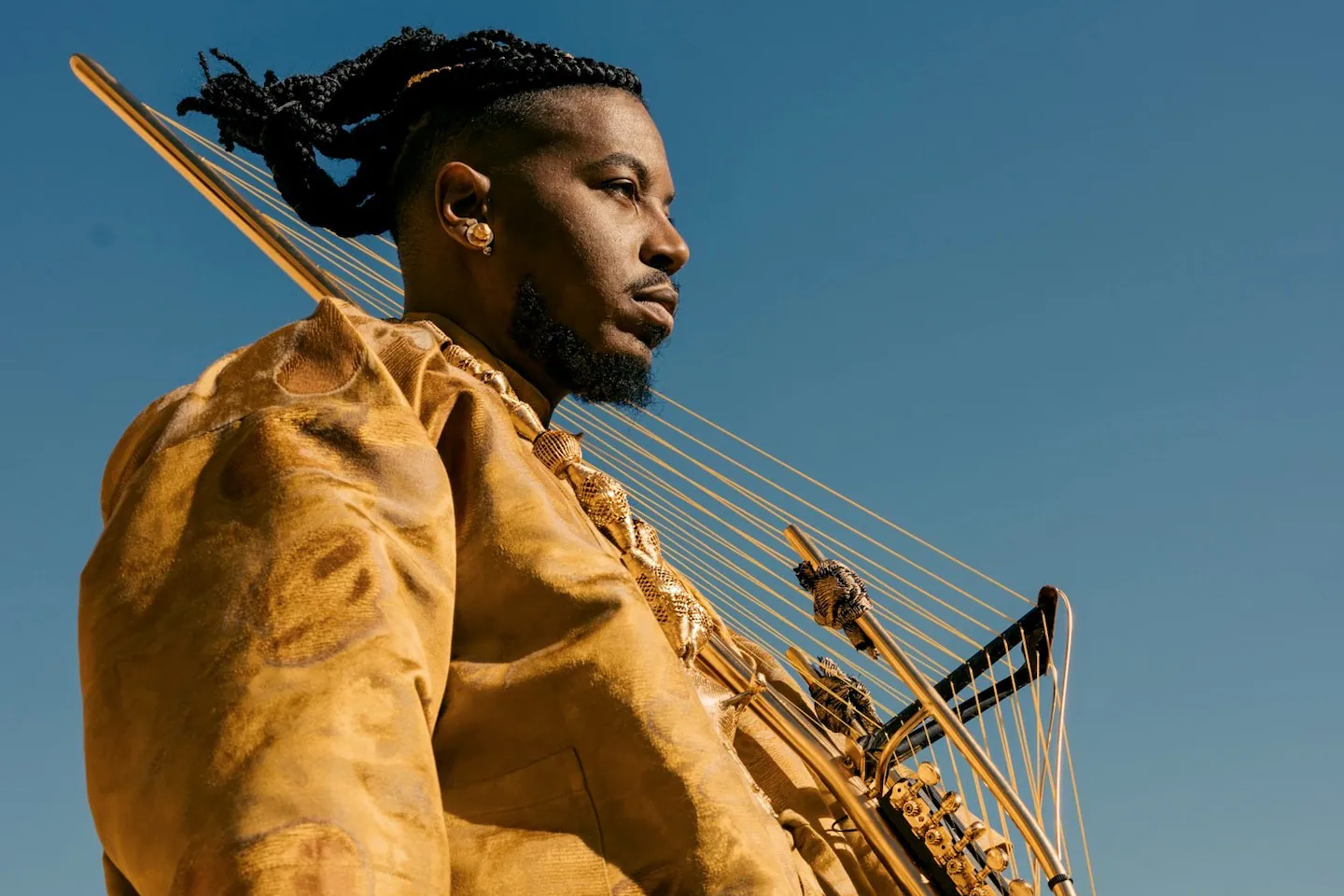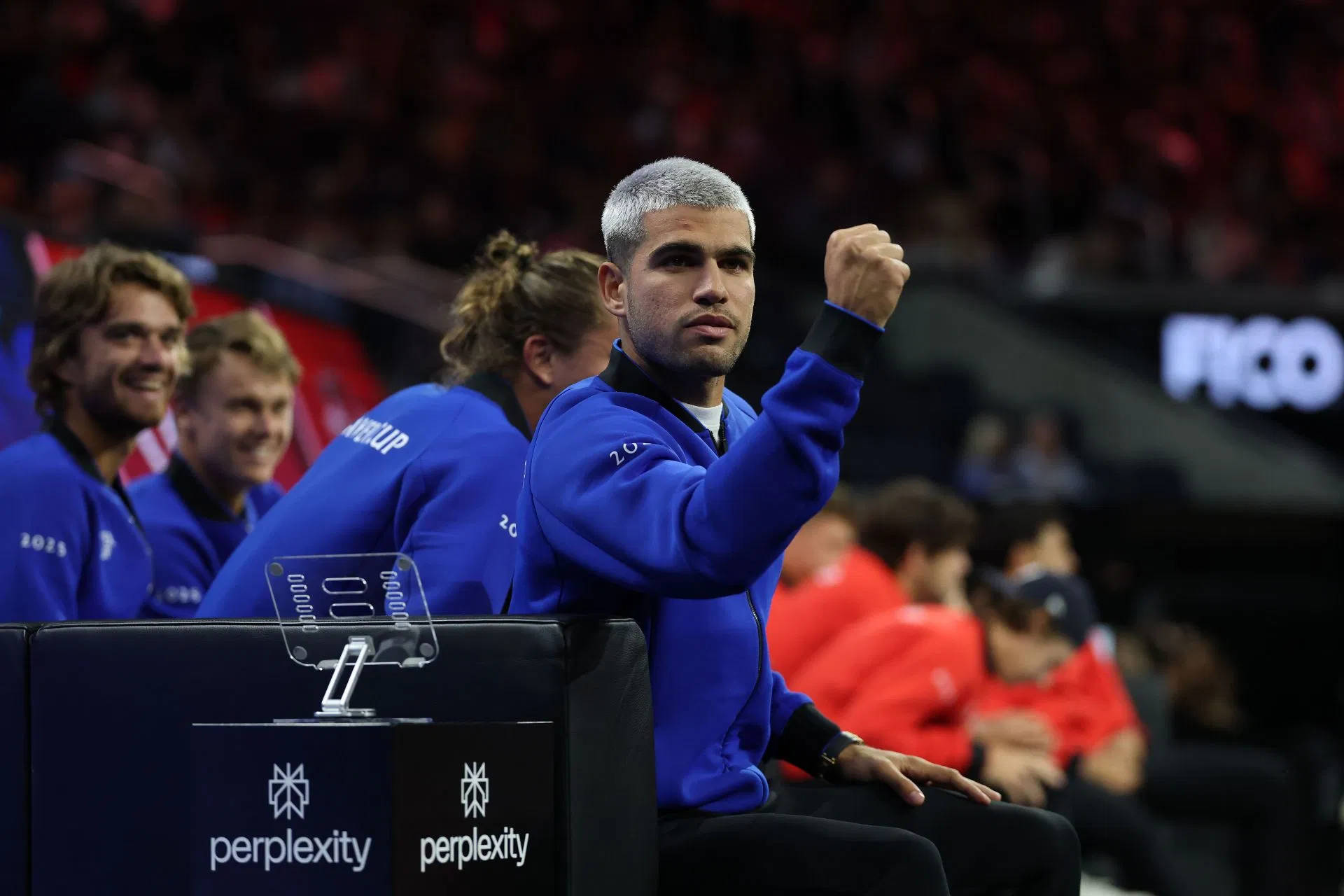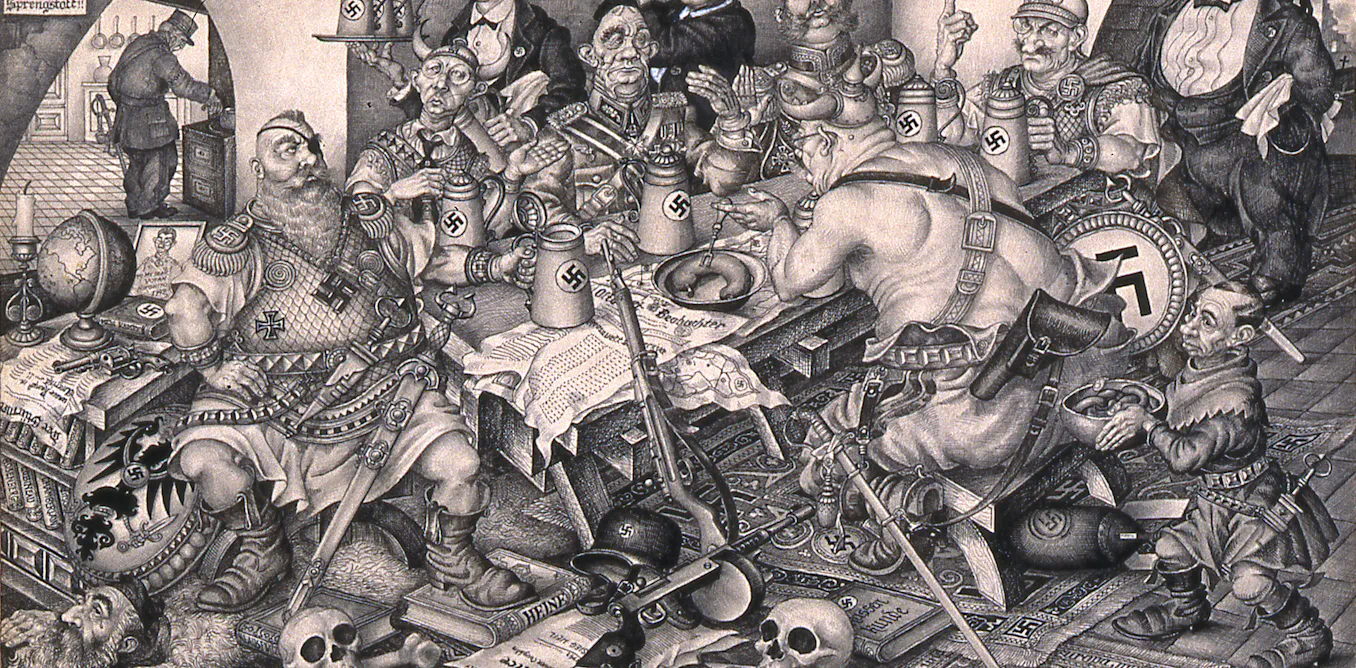
“I was like a little Beaker,” Adjuah said with a laugh, referring to the reckless scientist’s assistant on “The Muppet Show.”
“All my friends were looking at me like, ‘This kid is crazy.’”
Today, at 42, Chief Adjuah is taking his profound urge for innovation to another level entirely. Having partnered for years with a Netherlands manufacturer on a series of custom-designed horns, he has devoted much of his latest music to another instrument of his own creation, an electric harp he calls the “Adjuah bow.”
To mark the 10th anniversary of his landmark album “Stretch Music,” Adjuah headlines two New England shows this week, on Thursday at Boston’s City Winery and Friday at Jimmy’s Jazz & Blues Club in Portsmouth, N.H. He played the four-year-old New Hampshire club in early 2024.
“I loved it,” Adjuah said, speaking on the phone from Southern California, where he lives. “We had such a good time there. You could tell, the people in the city were very used to hearing good music. They’ve done a really good job in terms of what they’re curating.”
Adjuah’s whole career has been an exercise in curation. Before he graduated from Berklee College of Music in 2004, he’d already started making records (under his given name, Christian Scott). He earned his first Grammy nomination in 2006. While still barely in his 20s, he played with McCoy Tyner, Pat Metheny, and other jazz greats. He recorded with Prince in 2007, toured with Radiohead’s Thom Yorke in the group Atoms for Peace in 2010, and explored Cuban music around the same time.
Adjuah’s most recent album, “Bark Out Thunder Roar Out Lightning” (2023), is his first to feature no trumpet. Instead, he plays the Adjuah bow. On the 15-minute title track, he delivers a spoken word performance inspired by his friend Saul Williams.
The album is a meditative song cycle that borrows liberally from the “Black Indian” tradition of New Orleans, the Mardi Gras subculture of elaborately costumed revelers dating back to the 19th century. Adjuah is the grandson of Big Chief Donald Harrison Sr., the renowned Mardi Gras Indian, and nephew of the saxophonist Donald Harrison Jr.
“My family is really, really tight,” he said. “The lessons never stop. Our culture has a lot of really beautiful pillars.”
His uncle played with Art Blakey and the Jazz Messengers, one of the longest-running finishing schools in jazz, in the 1980s, alongside fellow saxophonist Bill Pierce. Pierce later taught Adjuah at Berklee.
Adjuah says he gained a world of knowledge by playing in Pierce’s Art Blakey ensemble at Berklee. He also has fond memories of the jam sessions at Wally’s, the Mass. Ave. jazz club that has nurtured generations of Berklee students.
“There were multiple universities that were going on,” he recalled. “From a practical standpoint, where we needed to be equipped for the next steps, I wouldn’t put Berklee over Wally’s. You learn this [stuff] at Wally’s.”
Pierce remembers Adjuah coming to Boston already fully competent as a musician.
“All he needed to do was define exactly what he wanted to achieve,” Pierce said. “He came to Berklee more than well-prepared.”
Like Tony Williams, the expressive Boston-bred drummer who played in Miles Davis’s “Second Great Quintet,” Adjuah absorbed every aspect of jazz tradition in order to transcend it, said Pierce. He played in Williams’s band for several years beginning in the mid-1980s.
“You can’t be futuristic without really learning the past,” Pierce said. Adjuah “definitely seems to think in terms of multi-layered performances and concepts. It’s not surprising to me that he would be doing that.”
Adjuah recently released three new recordings as bonus tracks for a 10th anniversary reissue of “Stretch Music,” the album that introduced his concept of a new kind of music that extends the boundaries of jazz (“I hate that word, jazz,” he said) with hints of trap music’s atmospherics.
His latest songs are a blend of his newest music and the music he was creating a decade ago, he explained.
“It’s both energies at the same time,” he said. “The trumpet that people played in the 20th century is a relic. But I still enjoy playing the hybrids we recorded [‘Stretch Music’] with, the ones that people love so much.”
Before he picked up the trumpet — when he was 7 or 8 years old — he wanted to play guitar, Adjuah said.
That probably inspired his invention of the bow, he said. The instrument, rooted in traditional West African stringed instruments such as the kora, is equipped with a MIDI controller. Adjuah said he’s fine-tuning the design for commercial sales and developing a version for kids.
“We’re really off to the races,” he said. “The future is bright for that stuff, man.”
CHIEF ADJUAH
At City Winery, 80 Beverly St., Boston, Thursday, Oct. 9, 7:30 p.m. Tickets: $30-$50. citywinery.com/boston



